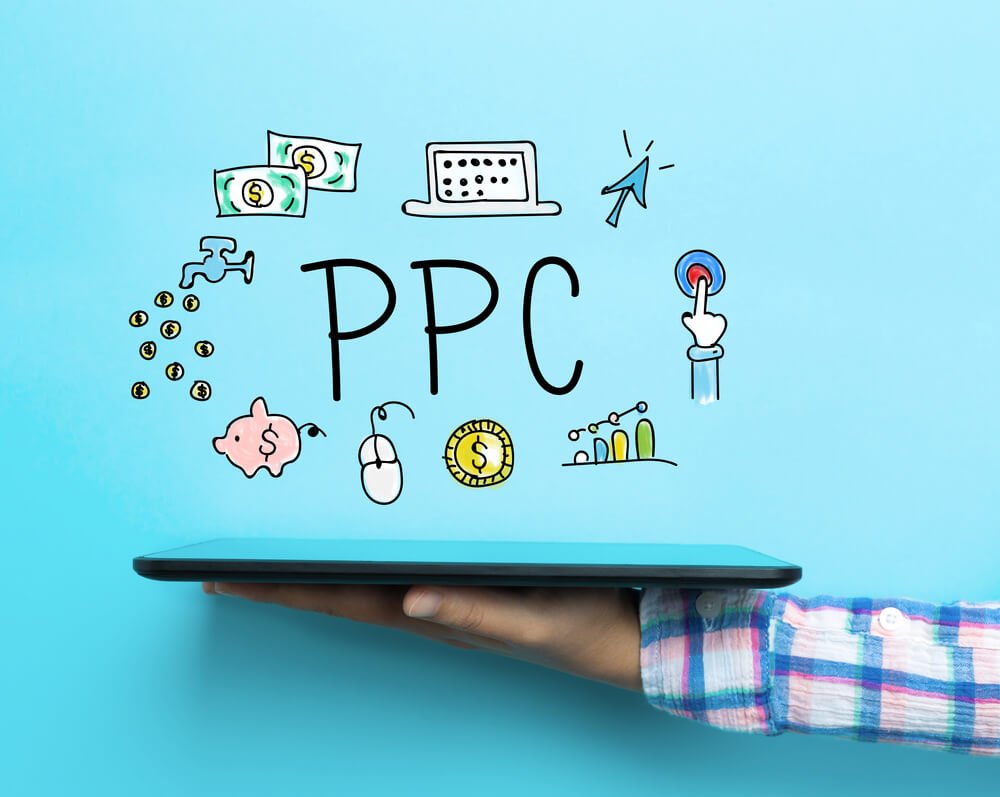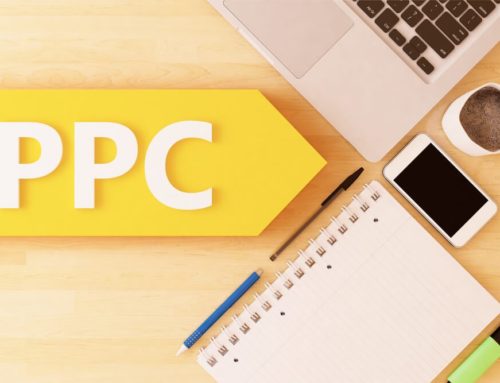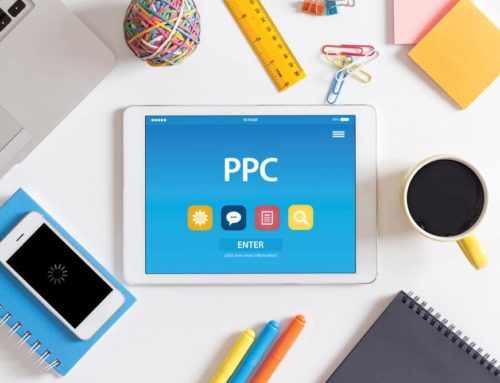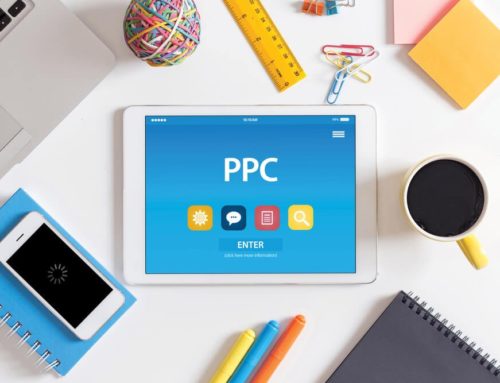A PPC advertising campaign is a simple and effective way to supplement ongoing marketing and advertising efforts. A thoughtfully constructed PPC campaign includes strict budgeting and clear goal-setting.
As does any profit-yielding endeavor, a PPC program performs more optimally when working against clear, realistic, and opportunistic goals.
PPC Strategies Drive Campaign Results
Without clear goals and objectives, a PPC strategy can quickly become scattered and fruitless. Instead, well-defined goals shape the trajectory of the strategy and in turn, deliver the highest-achieving results.
Setting goals demands up-front thinking about long-term plans, but it’s worth the effort for the end result. Follow along for factors to use to assess your campaign goals and questions to ask for the best results.
How to Set Goals for Your PPC Campaign
- Assessing Business Needs
Before getting too deep into goal-setting, bring the business leaders together to talk about what the company really needs. While these needs are not necessarily your campaign goals, they are essential elements to consider, plan for, and to check off along the way. Business needs create the bones for longevity, conveniently contributing toward big picture goals and helping you achieve success along every step of the way.
- Set Realistic and Ideal Goals, and Define the Difference
Goals can include both immediate, tangible results and long-term brand dreams. Both are essential. Realistic goals create tangible next steps and opportunities for achievement that lead to confidence and momentum. Ideal goals are loftier, but they give the team a reason to keep growing and developing the product.

- Create Short-Term Goals
Short-term goals can include numerically-driven data, such as yielding a set number of new visitors or creating a set number of posts along a designated timeline. Short-term goals can be accomplished swiftly and in a timely manner. They can help keep the team in check, accountable, and enthused about the next goals to achieve.
- Create Long-Term Goals
Long-term goals are where dreams manifest and your team finds the opportunity to bring your company to its potential. Long-term goals are essential because they give the team something to keep working toward. Each long-term goal is substantiated by the more immediate, short-term endeavors. At first, a long-term goal can be overwhelming or appear difficult to achieve. But as the team chips away at the smaller steps, it will become closer and soon, checked off the list.
- Create Results-Oriented Goals Over Action-Oriented Goals
Goals created with results in mind go farther than goals that simply focus on actions. For example, instead of intending to bid on a certain number of ads, a results-driven goal would focus on the percentage of leads that come from the earned bids.
- Set Specific Modes of Tracking
A big part of goals is determining how you will track progress. Without a tracking system in place, there is little to no way to observe the effectiveness of a campaign and if/how it is tracking toward the overarching goal. As you endeavor to set specific goals, clearly outline the mode through which you will track data. The data will likely not show results right away, but it will be critical to have during the analysis and review of your strategy.
- Agree to an Analysis Timetable
Analysis is key to establishing the effectiveness of one campaign over another. The only way to ensure that the campaign works (that it leads to sales) is to analyze the data you collect about it along the way. Set a timeframe for gathering data and looking at it critically, and then stick to it. This is the most useful way to evaluate your campaign and either repeat or rework certain components.
PPC Goal Elements to Consider
As you create your goals, there are a few components to keep in mind to help keep your efforts and end results balanced.
- Keywords That Convert
Not all keywords convert. Even if the keyword phrase is popular for your product/service, it does not necessarily convert to sales. When building a PPC campaign, do yourself a favor by monitoring which keywords convert to sales on your site and which do not. Only keep the words and phrases to convert.
- Click-Through-Rates
As you look at the results of PPC ads, take careful note of click-through-rates. Pay attention to when consumers stay, when they veer, and when they quickly lose interest in your ad. This metric can quickly tell you how engaging your ad is and give ideas for how to improve it and make it stronger.
- Traffic Boosts
Another important metric to keep your eye on is the number of consumers visiting your site. Note the increase in volume, the amount of time spent on pages, and from which ads consumers were most likely to check out your brand online. Traffic boosts have a positive ripple effect on marketing, but you can be especially aware by tuning into how the traffic boost impacts leads and sales.
- Landing Page Optimization
When is the last time you optimized your landing page? Refreshed, reloaded, and recharged landing pages play a key role in conversion from PPC campaigns. While it’s always a good idea to update landing pages, it is especially important throughout the duration of your PPC strategy. If you need help monitoring and managing page updates, it might be a good idea to outsource for the duration of the campaign.

- Negative Keywords and Efforts
When you observe negative correlations between keyword and effort, eliminate this keyword from your campaign. Even if it is a high-ranking keyword, it’s not benefiting your end goal if it does not convert to leads or sales. Observe and mark these types of keyword phrases as negative. Feel free to rotate them in again in the future but for now, focus your efforts on new keywords, questions, and phrases.
Goal questions and guidelines:
- Are leads a source of income for your business? Have they been/not been?
- What are you trying to achieve through paid advertisements?
- What do you want to achieve through paid ads in five years?
- What marketing accomplishments will you achieve through PPC?
- Which metrics do you use to analyze results?
Get Your PPC Plan in Place
Setting a proper PPC plan to follow can help you stay accountable to your campaign strategy and more reliably achieve your business goals. An effective strategy includes constant goal-setting, execution, tracking and analysis to harness the best results in your PPC efforts.
Have You Used PPC Goals?
Have you set goals for your PPC Campaign? How did they fair? Did results measure up to expectations? Did the campaign help you reach your business objectives? Let us know in the comments below so other readers can better understand the incentives of creating goals before getting too far into the campaign itself.
Rosy Strategies
Wherever you are in your marketing journey, Rosy Strategies is here to help guide you further. Whether you are brand new to PPC or you could use a review of PPC goals, reach out to us to get up to speed on the latest trends. We will help you make the smartest marketing decisions so you can reap the full benefits of your PPC or any marketing campaign.










